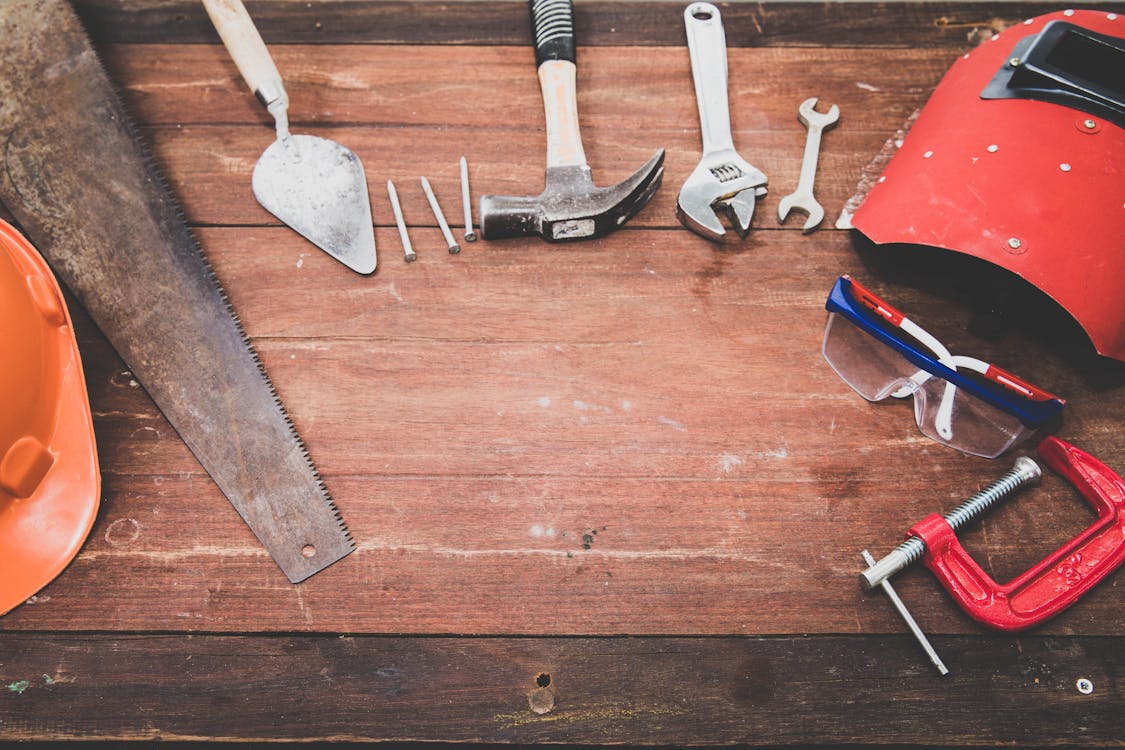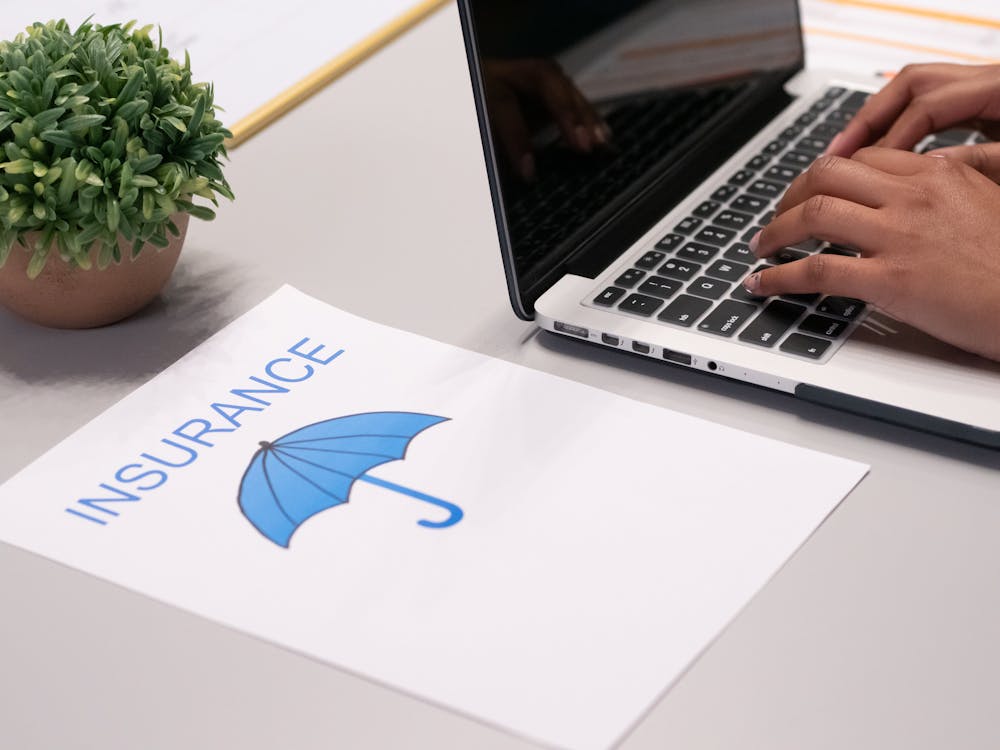What to Know About Landlord Liability in HOA Communities

In communities governed by a Homeowners’ Association (HOA), landlords face specific legal and financial responsibilities that go beyond the standard obligations of property owners. These communities often operate with rules and regulations aimed at maintaining property values and ensuring a certain standard of living for all residents. As a landlord, understanding your liabilities in an HOA community is essential to avoid legal conflicts, fines, or damage to your property’s reputation. Here’s what you need to know about landlord liability in these settings.
1. HOA Rules and Regulations
When renting out a property within an HOA community, landlords must abide by the association’s rules, bylaws, and covenants. These rules typically govern a wide range of issues, including noise levels, maintenance of the property’s exterior, parking, and community facility usage. Failure to comply with these regulations can lead to fines or legal action by the HOA, which could eventually be passed onto the tenant or even create grounds for eviction.
Landlords are also responsible for ensuring that their tenants comply with HOA rules. If a tenant violates the HOA’s guidelines, the association may hold the landlord accountable. This could include covering the cost of damages caused by the tenant or paying any fines imposed by the HOA.
2. Maintenance Responsibilities

In most cases, landlords in HOA communities are responsible for maintaining the property’s interior and sometimes its exterior in line with the HOA’s standards. This includes ensuring that the property is safe and habitable, which could involve regular repairs, upkeep of appliances, and making sure utilities are in good working condition.
The HOA, on the other hand, is often responsible for maintaining common areas such as pools, gyms, and landscaping around the community. However, landlords should clarify with their HOA what their exact responsibilities are in terms of property upkeep, as some communities may impose stricter requirements on landlords.
Neglecting maintenance obligations can lead to not only fines from the HOA but also potential liability if the tenant or a guest gets injured due to unsafe living conditions.
3. Insurance Requirements

Landlords in HOA communities often need to carry specific types of insurance, particularly liability insurance. While the HOA may have a master insurance policy that covers damage to common areas and exterior elements of the buildings, this policy may not cover issues that arise within an individual property. As such, landlords should secure a separate landlord insurance policy that covers property damage, loss of rental income, and personal liability in case of tenant injury.
Additionally, landlords should encourage or require tenants to obtain renters’ insurance. This protects the tenant’s personal property and may provide additional liability coverage in case of accidents inside the rental unit. Failure to have adequate insurance can result in significant out-of-pocket costs if issues arise.
4. Tenant Screening and Background Checks
Since landlords are responsible for ensuring their tenants adhere to HOA rules, performing thorough tenant screening is essential. A background check can help landlords avoid leasing to individuals with a history of rule violations, property damage, or disruptive behavior, all of which can cause trouble in an HOA-governed community.
Additionally, some HOAs may have restrictions on who can rent within the community, including limits on the number of rental properties or restrictions on short-term rentals. Landlords should be familiar with any such rules to avoid inadvertently violating the association’s guidelines.
Read more: Ways to Screen Commercial Property Tenants: Legal Considerations
5. Legal Liability for Tenant Actions
If a tenant’s actions harm other residents or cause damage to common areas, the landlord could be held financially responsible. For instance, if a tenant hosts a party that results in property damage to a shared pool area, the HOA might require the landlord to cover the cost of repairs. Similarly, if a tenant’s negligence causes a fire that spreads to other units, the landlord could be sued for damages. This makes it crucial for landlords to vet their tenants carefully and enforce the HOA’s rules effectively.
6. Communication with the HOA
Establishing a good relationship with the HOA is key to minimizing liability risks. Landlords should stay informed about any changes to community rules or guidelines and promptly communicate these changes to their tenants. Failure to stay updated could result in violations that lead to fines or legal disputes.
Conclusion
Being a landlord in an HOA community involves more than just managing a rental property. It requires a thorough understanding of the HOA’s rules, diligent tenant screening, proper maintenance, and staying on top of insurance requirements. By being proactive and informed, landlords can protect themselves from unnecessary liability and maintain a positive relationship with both their tenants and the HOA.
For legal help in California and your other needs, contact BERYS LAW on this page. We also offer courses on real estate investing, landlording, and templates right here!
Stay connected with news and updates!
Join our mailing list to receive the latest news and updates from our team.
Don't worry, your information will not be shared.